I welcome the letter by Iran's Leader Ayatollah Khamenei addressing young people in the West on the topic of terrorism. His call for peace and his insistence that terrorism is a common matter of worry and concern for both the West and the Middle East is a humanitarian and just call to all youth to address the deep rooted seeds of destruction spawned by ideological fundamentalism, economic inequality, the fog of militarism, and the scourge of war. I would like humbly to add to his letter with my own observations.
While Western politicians, pundits, and the mainstream media acknowledged that the Paris attackers largely targeted places where young people gathered—the concert hall, the café, and the sports stadium—what they missed was that this act of violence was part of a strategic war on youth. In this instance, youth became both a target and targeted by other youth. This is a war waged on youth and by youth. By targeting places popular for young people, ISIL sent them a message suggesting that they will have no future unless they can accept the ideological fundamentalism that drives terrorist threats and demands.
This is an attack not simply on the bodies of youth but also on their imagination, and an attempt to kill any sense of a better and more democratic future. In this script, war becomes the only option for young people to take—a binary forged in a complex friend/enemy duality that erases the conditions that produce ISIL or the conditions that make possible the recruitment of young people to such a deadly ideology. When the conditions that oppress youth are ignored in the face of the ongoing practices of terrorism—the attacks waged on Muslim youth in France and other countries, the blatant racism that degrades a religion as if all terrorists are Muslims or forgets that all religions produce their own share of terrorists—there is little hope to address the conditions that both impoverish and oppress young people, let alone developing the insight and vision to address such conditions before they erupt into a nihilistic form of rage. At the same time, when war and militarism waged by the West ravage the Middle East, support dictatorships such as Saudi Arabia, and further contribute to the dehumanizing plight of Palestinians who live under a state of abject occupation, the grounds for terrorism become global, making no one safe.
The seeds of terrorism do not lie in simply ideological fundamentalism, they also reside in conditions of oppression, war, racism, poverty, the abandonment of entire generations of Muslim youth, the dictatorships that stifle young people in the Middle East, and the indiscriminate killing of civilians by drone attacks and air strikes in various Muslim countries around the world, however difficult it might be to address such acts of violence. For too many people, youth are now the subject and object of war, hard targets transformed either into suicide bombers or the collateral damage that comes from the ubiquitous war machines. There are few safe spaces for them any more unless they are hidden in the gated enclaves of the rich.
Maybe it is time to examine the state of youth globally, especially those marginalized by class, race, religion, ethnicity, and gender in order to address those conditions that produce the violence of state terrorism, ideological fundamentalism, militarism, massive inequality, and the ever expanding global war machines that thrive on violence and exclusion. Surely there is more to the future than allowing young people to be killed by either drones, or while sitting innocently in a café, or for that matter for their spirit to be crushed or misdirected by impoverishment of the body and mind. Maybe it is time to ask important questions regarding why some youth are joining and supporting terrorist actions and why some youth sit back and allow themselves to be oppressed without any sense of collective resistance. Or, why some youth are resisting terrorism in all of its forms as an indecent assault on individuals, groups, and the planet itself.
But most importantly, maybe it is time to ask ourselves what it means when a society ignores young people and then hastily goes to war because they engage in terrorist acts or are the victims of such acts. Western powers cannot allow the fog of violence to cover over the bankruptcy of a militaristic response to egregious acts of violence. Such militaristic responses function largely to govern the effects of acts of terrorism by ISIL and others while ignoring its underlying causes. The rush to violence—the bomb now, think later ethos—kills more innocent people, is strategically useful largely as a recruiting tool for terrorists, and further emboldens those who thrive on a culture of fear and dream of presiding over a lock-down society. The latter is particularly evident as a number of right wing extremists in the US call for closing down mosques, putting refugees in detention centers, and creating data bases for immigrants—a practice eerily reminiscent to what the Nazis did to Jews under the Third Reich. Not only do such actions serve to spread insidious acts of racism and xenophobia, they also enhance the recruiting practices of terrorist groups. Eliminating ISIL means eradicating the conditions that created them and that suggests producing a political settlement in Syria and stabilizing the Middle East. But more importantly, there will be no sense of global safety unless the conditions that produce young people as both the subject and object of violence are addressed and eliminated. Safety is not guaranteed by war, militarism, and vengeance. In fact, this response to violence becomes the generative principle for more violence to come, thereby guaranteeing that no one will be safe until it becomes clear that these young people who have been initiated into a culture of violence are the product of a world we have created. Young people cannot inherit a future marked by fear, militarism, suicide bombers, and a world in which democracy has been emptied of any substantive meaning. If the conditions of impoverishment, humiliation, violence, and despair continue, there will be more violence and acts of terrorism, pushing more countries into the dark abyss of militarism and the toxic clutches of an authoritarian society.
Henry A. Giroux currently holds the McMaster University Chair for Scholarship in the Public Interest in the English and Cultural Studies Department and a Distinguished Visiting Professorship at Ryerson University. His most recent books are America’s Education Deficit and the War on Youth (Monthly Review Press, 2013) and Neoliberalism’s War on Higher Education (Haymarket Press, 2014). His web site is www.henryagiroux.com.

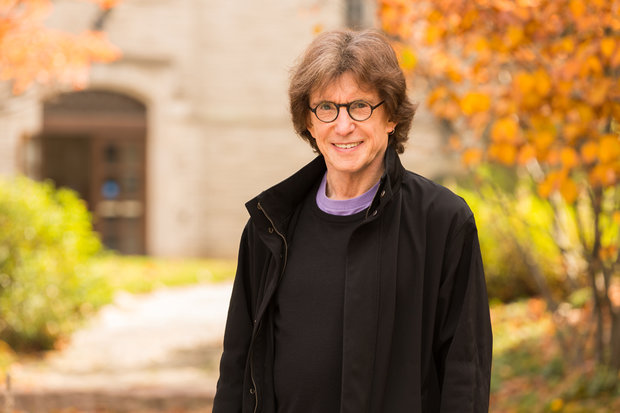
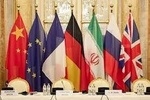
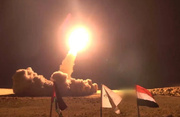
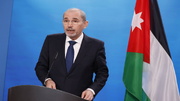
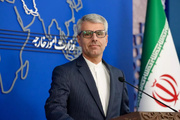
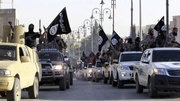
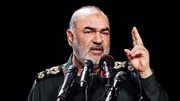

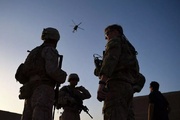
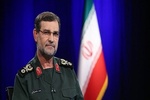
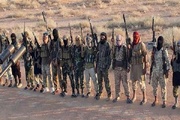
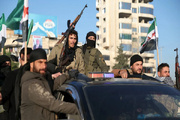


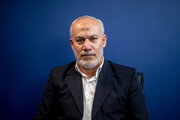


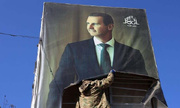
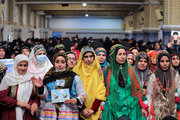


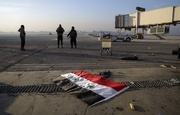
Your Comment